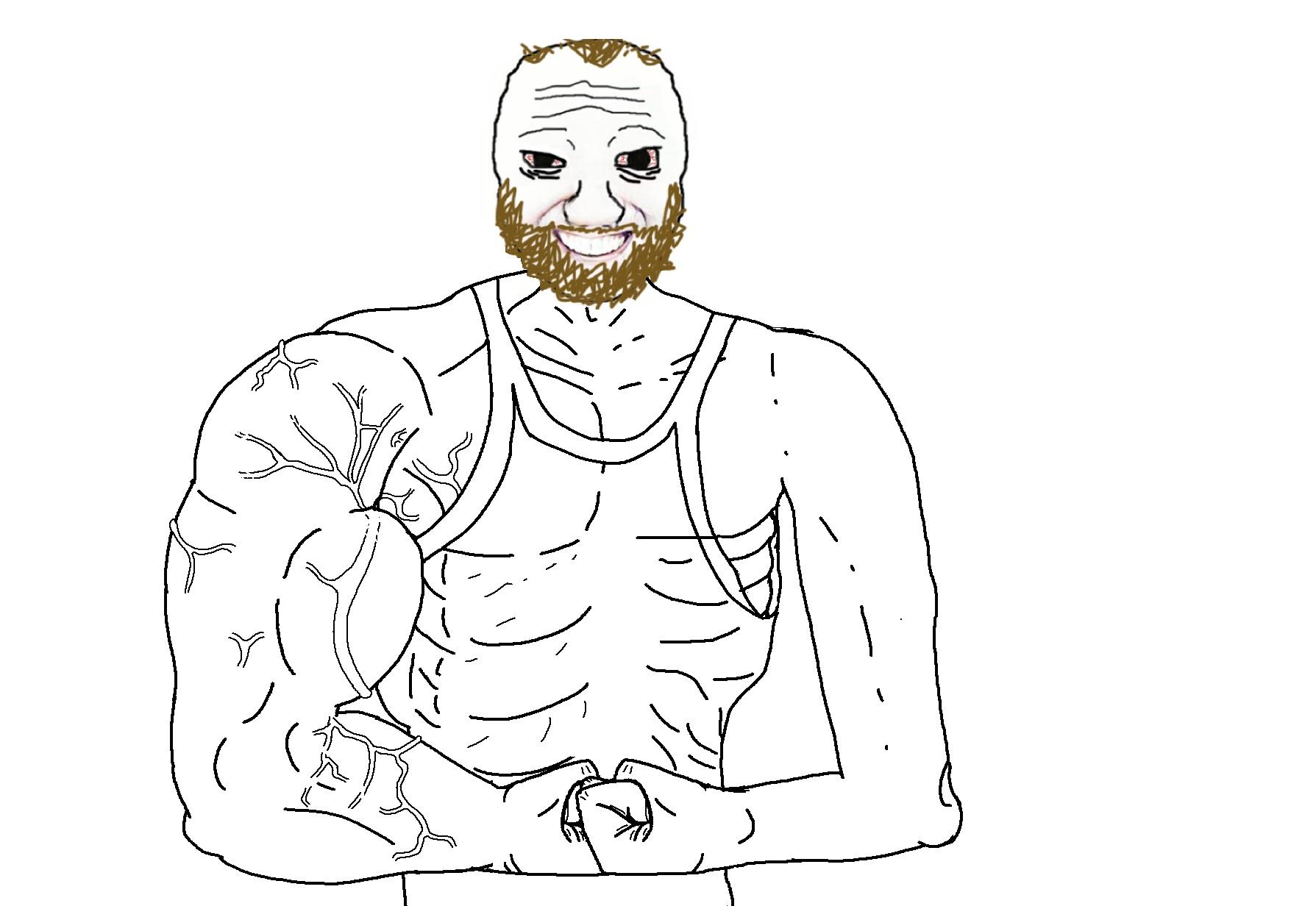Few internet phenomena have reflected society’s anxieties about addiction or self-identity like the Coomer meme. Once a simple caricature, it became a symbol of both humor and critique. This article examines how the Coomer emerged, how it evolved on various platforms, and what the rise of this meme reveals about the modern age.
Introduction to the Coomer meme and its origins
The Coomer meme stands out as a character emblematic of online debates about technology and self-control. Its origins in the early 2010s mark it as both a humorous figure and a commentary on society’s struggle with these issues.
As you explore the concept of Coomers, you’ll see how this term evolved from slang to a symbol reflecting certain lifestyles in digital communities. Whether you’re familiar with meme culture or new to it, understanding Coomer can provide insight into wider societal trends.
The evolution of the term and its usage in online communities
The term “Coomer” emerged around 2018 as a humorous yet critical representation of excessive consumption of adult content. It quickly gained traction on platforms like Reddit and Twitter, where users began to apply it to individuals who seemed overly fixated on this type of media.
As the meme’s meaning shifted, it began to encapsulate broader societal discussions of addiction and mental health, particularly among men, reflecting concerns about how digital habits impact well-being.
In various forums, discussions shifted from humor to thoughtful critiques of digital culture. Memes featuring the Coomer character often highlight both absurdity and tragedy in these behaviors, showing how online communities use satire for self-reflection.
What does it mean to be a Coomer?
Being a Coomer typically describes an individual overly consumed by their desires, particularly in the realm of adult content. This persona often reflects a lifestyle marked by excessive indulgence.
Coomers are usually depicted as socially awkward or disconnected from reality. They might spend countless hours online, prioritizing virtual experiences over real-life interactions.
The term also carries connotations of addiction and escapism. A Coomer may use digital distractions to cope with stress or loneliness, leading to unhealthy habits that reinforce isolation.
Within internet culture, being labeled a Coomer can imply some self-awareness about these behaviors. Some embrace the title humorously while acknowledging its more serious undertones related to mental health and societal expectations.
This duality makes the Coomer both a humorous meme and a cautionary emblem of today’s struggles with technology and unchecked desires.
You Might Also Like: Fontlu
The psychology behind the Coomer meme
The Coomer meme taps into a complex psychological landscape. It reflects the struggles of modern society, highlighting issues like addiction and escapism. Many individuals relate to the Coomer archetype, as it embodies compulsive behaviors related to technology and adult content.
This meme resonates with those grappling with feelings of inadequacy or loneliness. The exaggerated portrayal serves as both a critique and a form of self-reflection for many in online communities.
It provides an avenue for humor while addressing serious topics such as mental health and social isolation. As users share relatable experiences, they find camaraderie through this satirical lens.
In essence, the Coomer phenomenon reveals deeper societal flaws that often go unspoken. It encourages discussions about relationships, personal habits, and how we navigate our digital lives. This blend of humor and critique creates a unique space within internet culture where vulnerability meets absurdity.
Impact on society and culture
The Coomer meme serves as both a humorous critique and a reflection of internet culture’s fixation on instant gratification, showing social anxieties around addiction and online behaviors.
Across various platforms, the meme highlights issues surrounding addiction—particularly to adult content. Its portrayal can resonate with many who feel trapped in cycles of distraction and pleasure-seeking behavior.
Moreover, it fosters conversations about mental health and societal expectations. The image of the Coomer character embodies feelings of inadequacy or self-deprecation that often accompany these struggles.
In this context, the Coomer isn’t just a joke; he represents an archetype that resonates deeply within digital communities. As users share memes related to him, they unknowingly contribute to discussions about personal responsibility and societal norms around consumption.
Controversies surrounding the Coomer meme
The Coomer meme has sparked considerable debate across various online platforms. Critics argue that it promotes negative stereotypes about certain individuals, particularly men who struggle with addiction to pornography or video games. These portrayals can lead to harmful stigmas.
Some view the meme as a form of humor, while others see it as derogatory and disrespectful. The line between satire and insensitivity is often blurred in internet culture, making discussions about its implications complex and nuanced.
Additionally, there are concerns regarding mental health. The Coomer label may trivialize serious issues like anxiety or depression faced by many young people today.
This tension highlights that memes can serve as both social commentary and vehicles for harmful narratives, underscoring why the Coomer remains a controversial online figure.
How the Coomer meme has shaped broader internet culture.
The Coomer meme serves as a lens highlighting the complexities of modern internet culture, especially around addiction related to adult content and online behavior.
This meme serves as both an archetype and a cautionary tale. Users frequently reference it in discussions about unhealthy habits, creating an open dialogue that can sometimes feel uncomfortable yet necessary.
Through humor and relatability, the Coomer phenomenon encourages introspection among its audience. Many find themselves laughing at what hits too close to home.
The rise of Coomer-related content reflects broader concerns regarding mental health and well-being in digital spaces. As memes rapidly evolve, they shape how we discuss sensitive topics, such as personal struggles.
In this way, the Coomer meme isn’t just entertainment; it’s a cultural mirror reflecting how technology shapes our behaviors and values.
Conclusion
The Coomer meme exemplifies how internet humor can evolve into powerful social commentary. It ties together concerns about technology, anxiety, and addiction, making it a meaningful lens on modern life.
Memes like Coomer reveal societal trends, highlighting issues such as isolation and overindulgence. They provide a space for individuals to discuss these topics, often through the use of satire or irony. This makes them not just amusing but also thought-provoking.
As we navigate an increasingly digital world, the meme is likely to continue resonating with audiences. Its impact extends beyond mere entertainment; it invites dialogue about mental health and social connection in our online lives.
The influence of memes like Coomer shapes how we communicate and understand one another online, illustrating how humor often reveals deeper collective fears and behaviors.

